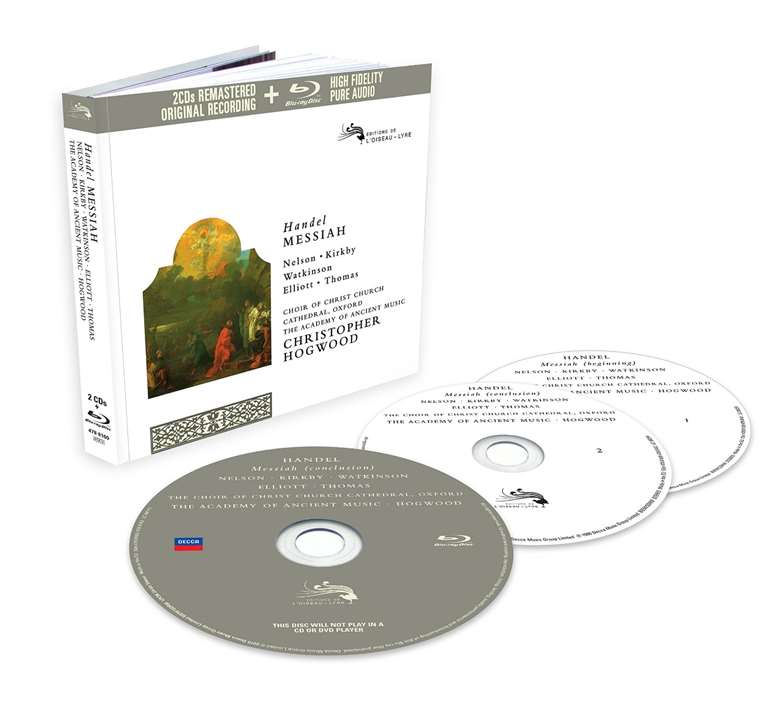Classics revisited – Christopher Hogwood's recording of Handel's Messiah
Gramophone
Friday, April 10, 2015
Critics David Vickers and Lindsay Kemp revisit Christopher Hogwood’s classic recording of Handel’s Messiah, now reissued in a limited-edition deluxe edition on Decca

Register now to continue reading
Thanks for exploring the Gramophone website. Sign up for a free account today to enjoy the following benefits:
- Free access to 3 subscriber-only articles per month
- Unlimited access to our news, podcasts and awards pages
- Free weekly email newsletter








